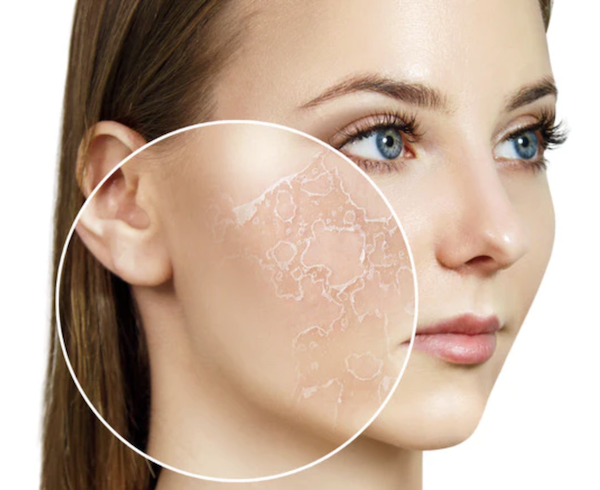Study of natural remedy offers hope for those with restless legs syndrome

Restless legs is a little understood syndrome that affects as much as 10% of the US population. Uncomfortable sensations in the legs – pulling, throbbing, aching, itching, creeping – begin after a long period of sitting or resting in bed and generally worsen in the evenings. It can happen at any age and affects both men and women, though women suffer from it more often than men.
While the need to move your legs may seem a mild malady, restless legs can drastically inhibit sleep, making sufferers chronically fatigued with impaired daytime function. And studies show long-term sleep deprivation is associated with increased risk for high blood pressure, diabetes, heart attack, heart failure, or stroke.
Sadly, restless legs syndrome has no known cure and the common medical treatment prescribes powerful drugs with their own risks: anti-seizure drugs, dopaminergic agents, opioids, or benzodiazepines.
The Study
That’s why it’s such good news that a recent study of pycnogenol shows a lot of promise. Pycnogenol is a patented version of French Maritime Pine Bark, known as a powerful antioxidant and anti-inflammatory. The study, while small, delivered impressive results.
Twenty-one patients with restless legs were given 150 mg of pycnogenol daily, while the control group of 24 patients followed standard treatment protocols. After four weeks the pycnogenol patients reported: 72% decrease in aching, 63% decrease in throbbing, 52% decrease in the “electric shock” feeling, 48% decrease in itching, 41% decrease in pulling, 33% decrease in crawling, and 30% decrease in creeping symptoms. They also reported significantly reduced need for pain management.
Pycnogenol is considered safe at daily doses of up to 450 mg, well below the amount used in the study.
REFERENCES



